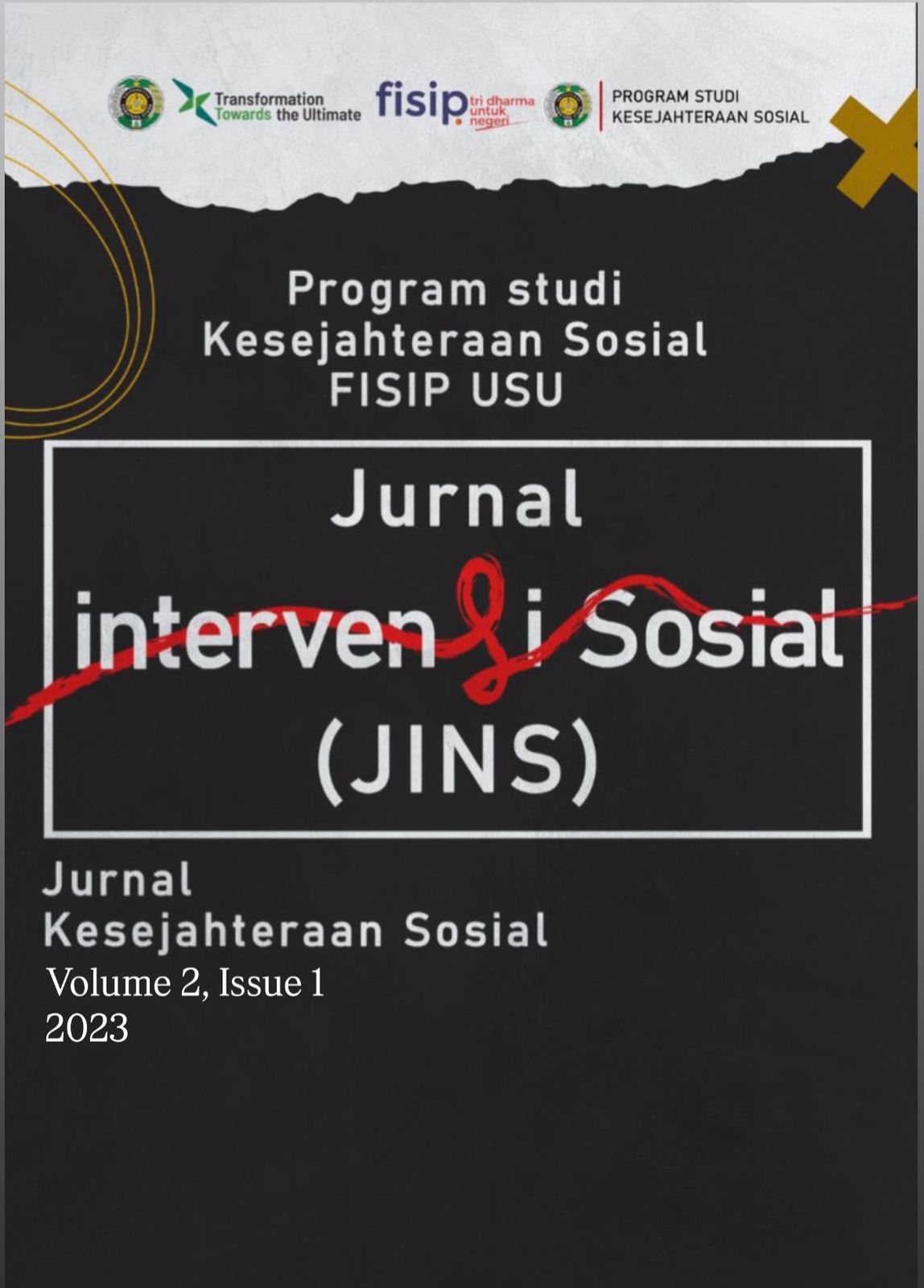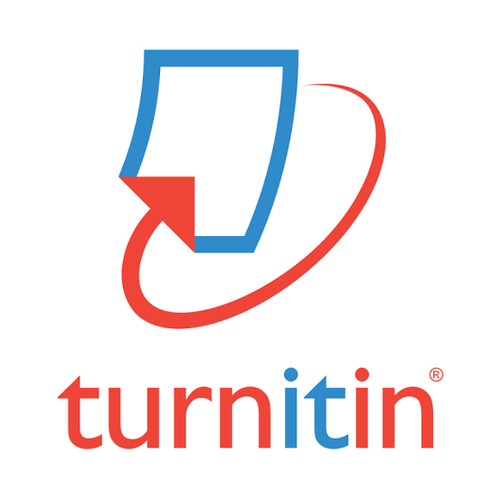Implementasi Bantuan Langsung Tunai Usaha Mikro, Kecil dan Menengah (BLT UMKM) pada Pedagang Kelurahan Kota Matsum III Di Masa Covid-19
DOI:
https://doi.org/10.32734/intervensisosial.v2i1.12223Keywords:
BLT UMKM, Covid-19, Implementasi, PedagangAbstract
The birth of covid 19 has damaged the world economy including Indonesia. It is in this current condition that the social safety net is being intensively implemented to achieve economic stability for the community, especially traders. Competition in the business world, especially in the field of business, has a fairly high competitiveness. To achieve the welfare of traders, the government issued a policy, namely Direct Cash Assistance to traders for MSME Empowerment. This study had 6 informants consisting of 1 key informant, 3 main informants, and 2 additional informants. The type of research used was descriptive qualitative research, the informants were determined by selecting several insiders with the criteria determined by the researcher through a purposive sampling technique, namely the people involved in the implementation process of the MSME BLT program. In qualitative research, humans are research instruments and the writing results are in the form of words or statements from the actual situation. With the MSME BLT program, MSME actors who receive assistance are expected to use the assistance funds to increase their business capital. So that the productivity of the business continues and continues to grow so that the rate of economic growth continues to increase. The impact of assisting is expected to be able to ease the burden on MSME actors and be able to revive the economic conditions of MSME actors in the Kota Matsum III Village. The results of this study explain that of the 3 indicators of program implantation theory that have been achieved, 1 indicator is an indicator of interpretation, while 2 indicators have not been achieved, namely, organization and implementation.
Downloads
References
Fahrudin, A. (2012). Pengantar Kesejahteraan Sosial. Bandung: PT Refika Aditama
Handoko, T., Hani. (1998), Manajemen dan Sumber Daya Manusia, Yogyakarta: Liberty
Hasim, F. (2009). Hukum Dagang. Jakarta: Sinar Grafika
Jones, C. O. (1984). An Introduction to the Study of Public Policy. Monterey, CA: Brooks/Cole Publishing Company
Merile S. Grindle (Dalam Buku Budi Winarno). (2002). Teori dan Proses Kebijakan Publik, Yogyakarta : Media Pressindo
Moleong, L.J. (2007). Metodologi Penelitian Kualitatif. Bandung : PT. Remaja Rosdakarya Offset
Sugiyono. (2013). Metode Penelitian Kuantitatif Kualitatif, & Kombinasi (Mixed Methods). Bandung: Alfabeta
Sujatmiko, E. (2014). Kamus IPS, Surakarta: Aksara Sinergi Media Cet.ke-1
Sumodiningrat, G. (1999). Pemberdayaan Masyarakat dan JPS, Jakarta : Gramedia Pustaka Utama
Kementerian Sosial RI. (2020). Program Keluarga Harapahn (PKH), https://kemensos.go.id/program-keluarga-harapan-pkh, diakses 25 April 2022
Downloads
Published
How to Cite
Issue
Section
License
Copyright (c) 2023 Jurnal Intervensi Sosial

This work is licensed under a Creative Commons Attribution-ShareAlike 4.0 International License.








